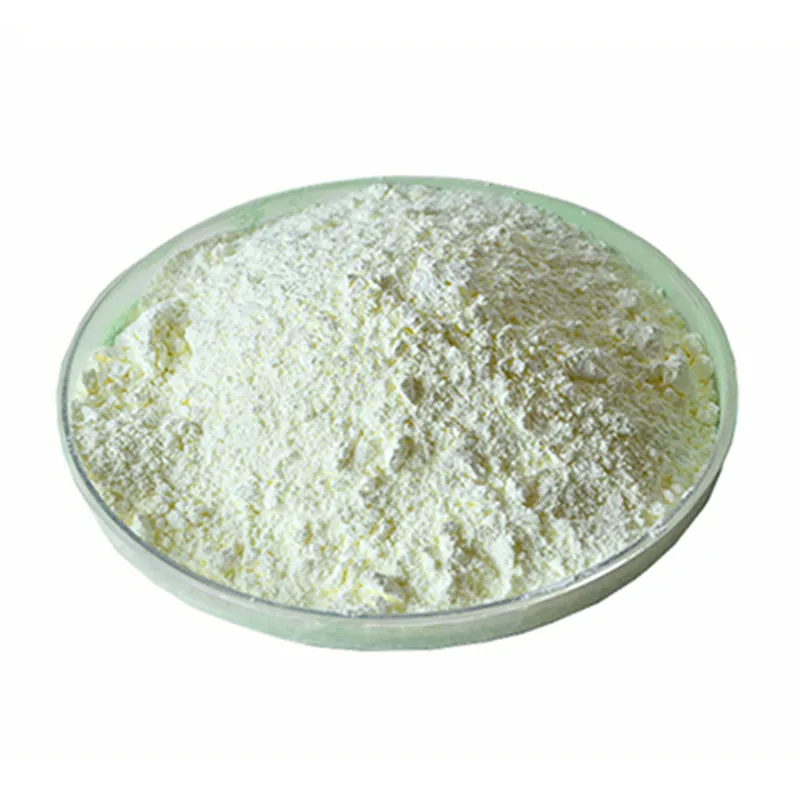Warning: Undefined array key "title" in /home/www/wwwroot/HTML/www.exportstart.com/wp-content/themes/1198/header.php on line 6
Warning: Undefined array key "file" in /home/www/wwwroot/HTML/www.exportstart.com/wp-content/themes/1198/header.php on line 7
Warning: Undefined array key "title" in /home/www/wwwroot/HTML/www.exportstart.com/wp-content/themes/1198/header.php on line 7
Warning: Undefined array key "title" in /home/www/wwwroot/HTML/www.exportstart.com/wp-content/themes/1198/header.php on line 7
- Afrikaans
- Albanian
- Amharic
- Arabic
- Armenian
- Azerbaijani
- Basque
- Belarusian
- Bengali
- Bosnian
- Bulgarian
- Catalan
- Cebuano
- China
- China (Taiwan)
- Corsican
- Croatian
- Czech
- Danish
- Dutch
- English
- Esperanto
- Estonian
- Finnish
- French
- Frisian
- Galician
- Georgian
- German
- Greek
- Gujarati
- Haitian Creole
- hausa
- hawaiian
- Hebrew
- Hindi
- Miao
- Hungarian
- Icelandic
- igbo
- Indonesian
- irish
- Italian
- Japanese
- Javanese
- Kannada
- kazakh
- Khmer
- Rwandese
- Korean
- Kurdish
- Kyrgyz
- Lao
- Latin
- Latvian
- Lithuanian
- Luxembourgish
- Macedonian
- Malgashi
- Malay
- Malayalam
- Maltese
- Maori
- Marathi
- Mongolian
- Myanmar
- Nepali
- Norwegian
- Norwegian
- Occitan
- Pashto
- Persian
- Polish
- Portuguese
- Punjabi
- Romanian
- Russian
- Samoan
- Scottish Gaelic
- Serbian
- Sesotho
- Shona
- Sindhi
- Sinhala
- Slovak
- Slovenian
- Somali
- Spanish
- Sundanese
- Swahili
- Swedish
- Tagalog
- Tajik
- Tamil
- Tatar
- Telugu
- Thai
- Turkish
- Turkmen
- Ukrainian
- Urdu
- Uighur
- Uzbek
- Vietnamese
- Welsh
- Bantu
- Yiddish
- Yoruba
- Zulu
Aug . 10, 2024 01:10 Back to list
Exploring the Impact of Aspartame on Protein Metabolism and Nutritional Balance in Human Diets
The Role of Aspartame in Protein-Based Diets
Aspartame, a low-calorie artificial sweetener, has become a widely used ingredient in various food and beverage products. First approved by the U.S. Food and Drug Administration (FDA) in 1981, it is often found in diet sodas, sugar-free products, and even some protein supplements. As the global population increasingly turns towards healthier lifestyles, the intersection of aspartame and protein-based diets becomes an intriguing topic.
Understanding Aspartame
Aspartame is composed of phenylalanine, aspartic acid, and methanol. It is approximately 200 times sweeter than sucrose (table sugar), allowing manufacturers to use smaller quantities while achieving the desired level of sweetness. Its low-calorie content makes aspartame an attractive option for people seeking to reduce sugar intake, maintain weight, or manage certain health conditions such as diabetes.
The Importance of Protein in Diets
Protein is a vital macronutrient that plays a crucial role in numerous bodily functions, including muscle repair, hormone production, and immune system support. As such, protein-rich diets have gained significant popularity, particularly among fitness enthusiasts and those aiming for weight loss. Sources of protein include meat, dairy, legumes, and more recently, protein supplements such as powders and bars.
Aspartame's Role in Protein Supplements
aspartame protein

In the realm of protein supplementation, manufacturers often seek to enhance the taste of their products while keeping calories low. Here, aspartame comes into play. By adding this sweetener, protein powders can offer a palatable flavor without contributing significant calories or sugar. This is particularly beneficial for those who may be sensitive to sugar intake or who are on calorie-restricted diets.
However, while aspartame enhances the flavor of protein supplements, it is essential to consider the broader context of health and nutrition. Some individuals may have concerns regarding the safety of artificial sweeteners. Despite extensive research and approvals by various health organizations, including the FDA and the European Food Safety Authority, skepticism remains among sections of the population.
Balancing Concerns with Benefits
For many consumers, the benefits of aspartame in protein supplements may outweigh their concerns. When consumed in moderation, and for most healthy individuals, aspartame poses no significant health risks. Its inclusion in protein supplements can aid in creating a balanced dietary approach that supports fitness goals without causing undue caloric intake.
Nonetheless, individuals with certain conditions, such as phenylketonuria (PKU), must avoid aspartame altogether due to their inability to metabolize phenylalanine, one of its components. Thus, it is paramount for consumers to be aware of their dietary needs and consult healthcare professionals when necessary. Furthermore, an increasing number of brands now cater to the demand for natural sweeteners, offering alternatives such as stevia or monk fruit.
Conclusion
Aspartame serves a valuable function in the protein supplement market by enhancing flavor while keeping calorie counts low. As we strive for healthier lifestyles and incorporate more protein into our diets, the role of artificial sweeteners like aspartame will continue to be relevant. However, as with any dietary component, moderation is key. It is crucial for consumers to stay informed and make choices that align with their health needs and preferences. In doing so, they can effectively navigate the sometimes-complex landscape of nutritional advice, ensuring that their dietary choices support their overall well-being.
Latest news
-
Certifications for Vegetarian and Xanthan Gum Vegetarian
NewsJun.17,2025
-
Sustainability Trends Reshaping the SLES N70 Market
NewsJun.17,2025
-
Propylene Glycol Use in Vaccines: Balancing Function and Perception
NewsJun.17,2025
-
Petroleum Jelly in Skincare: Balancing Benefits and Backlash
NewsJun.17,2025
-
Energy Price Volatility and Ripple Effect on Caprolactam Markets
NewsJun.17,2025
-
Spectroscopic Techniques for Adipic Acid Molecular Weight
NewsJun.17,2025

